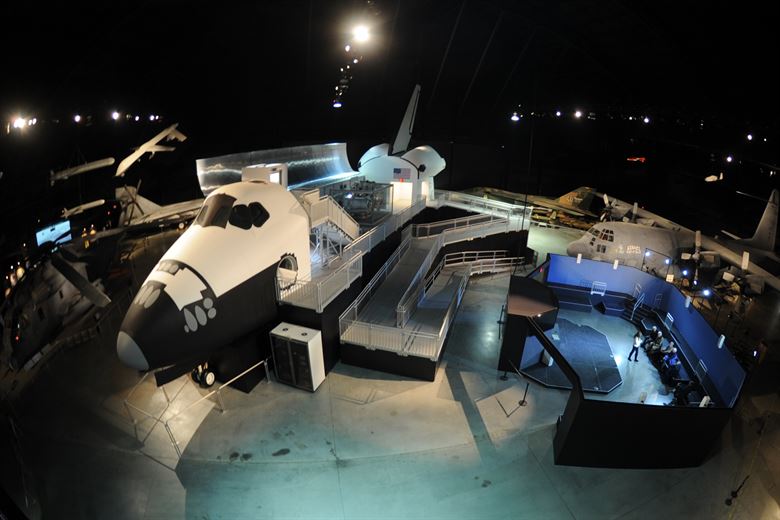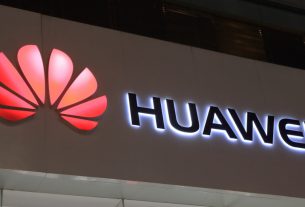When President Trump announced the establishment of Space Force, a new branch of the US military to unify the other branches’ ongoing space initiatives in order to better manage and centralize future projects, the term “Space Force” alone was met with a onslaught of internet jokes and memes. But is this new space initiative just a joke, or does it hold some real merit most Americans might not understand regarding real threats they aren’t aware of?
According to CBS, the “idea of a space force that would oversee those efforts as a stand-alone Pentagon entity has surfaced several times in the past, but the Pentagon has resisted such calls, leaving it to the U.S. Air Force Space Command to oversee such efforts.
Christopher Buckley, a contributor at The Spectator, asked a very important question following the President’s announcement, “Would the Chinese, or the Russians, dare to attack one of our satellites, knowing that it would invite retaliation?” That isn’t a far-out question when you look at the race to fill the sky with as many satellites for military and commercial purposes as possible. Buckley continues, “The principle of deterrence has been validated by more than 70 years of keeping the major powers from annihilating each other.”
Buckley isn’t incorrect, others have seen this threat coming for decades, going as far back as to when the first Russian cosmonaut orbited the Earth. In an interview with Air Force Major General William Shelton, Wired reporter Garrett Graff learned a startling truth: “A secretive, pitched arms race has opened up between the US, China, Russia, and, to a lesser extent, North Korea. The object of the race: to devise more and better ways to quickly cripple your adversary’s satellites.”
Imagine what would happen if a missile, or satellite ordered to ram into another, destroyed an American communications satellite? In an instant, hundreds of thousands to potentially millions of people would lose their ability to communicate with each other. This is something that is more likely than a ground war, massive chemical attack, zombie outbreak, you name it. A war between nations in the stars is far more likely.
Graff continues, “it’s important to understand the stakes, not just for America’s strategic standing but for the species. A Russo-Sino-American space war could very well end with a crippled global economy, inoperable infrastructure, and a planet shrouded by the orbiting fragments of pulverized satellites.” Imagine the millions of people who depend on technology simply to get by with simple tasks. The inability to communicate and process the billions of gigabytes of information that make the modern world what it is would take us back a century at minimum.
While President Trump has tried his best to bring down tensions between Russia, North Korea, and China, it is always wise to prepare for war while at the same time working on developing long-term peace. This administration’s space proposal might be its biggest contribution to the long-term protection of the United States and its allies for generations.
This article was originally posted on Red Tea News.





